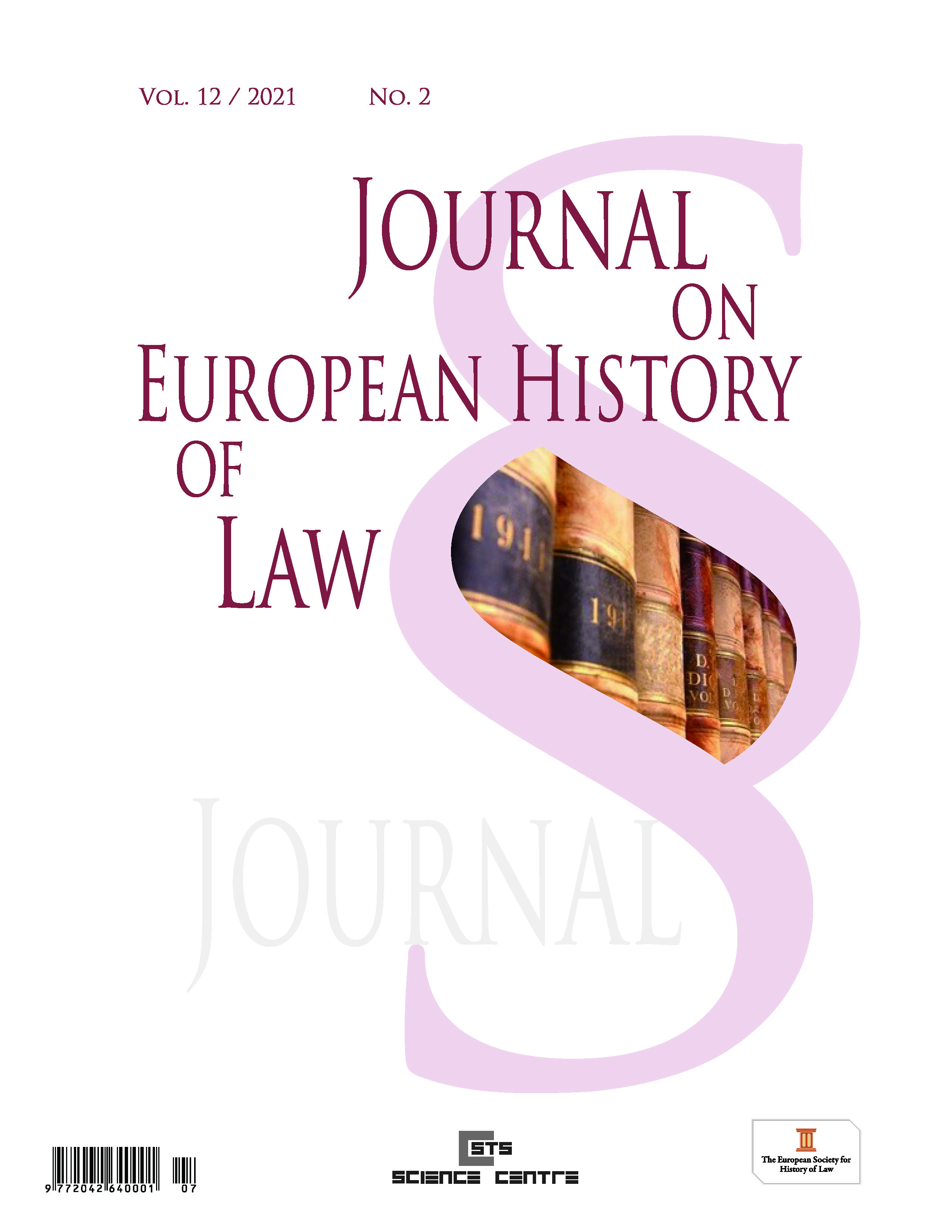Claims of Dominion and the Freedom of the Sea: Diplomatic Tensions between England and Denmark-Norway in the late Tudor Period
Claims of Dominion and the Freedom of the Sea: Diplomatic Tensions between England and Denmark-Norway in the late Tudor Period
Author(s): Stefano CattelanSubject(s): Law, Constitution, Jurisprudence, History of Law, International Law, Maritime Law
Published by: STS Science Centre Ltd
Keywords: Diplomatic history; Early Modernity; mare liberum; mare clausum; Elizabeth I; Denmark-Norway; law of the sea; history of international law;
Summary/Abstract: In the second half of the sixteenth century, Queen Elizabeth I of England (1558-1603) became a staunch supporter of the freedom of the seas, vigorously questioning Iberian closed sea (mare clausum) policies over the “Indian” oceans. At the same time, England faced longstanding Dano-Norwegian claims over the sea areas lying between Norway and Iceland. Even though such claims had weakened during the early sixteenth century, Dano-Norwegian royal decrees continued to prohibit foreign navigation north of Bergen. Frederick II of Denmark-Norway (1559-1588) complained multiple times about English trespassing and attempts to establish the Muscovy trade. Dano-Norwegian claims found new vigour with the accession to the throne of Christian IV (1588-1648). In reaction, the English government initiated a diplomatic exchange with Dano-Norwegian authorities, defending the right of its seamen to sail north to trade and fish, albeit under certain conditions. This paper explores the historical context and the legal arguments employed by English and Dano-Norwegian envoys during these negotiations. What was at stake was the changing balance of power between the two kingdoms, access to trade and fisheries.
Journal: Journal on European History of Law
- Issue Year: 12/2021
- Issue No: 2
- Page Range: 29-42
- Page Count: 14
- Language: English
- Content File-PDF

